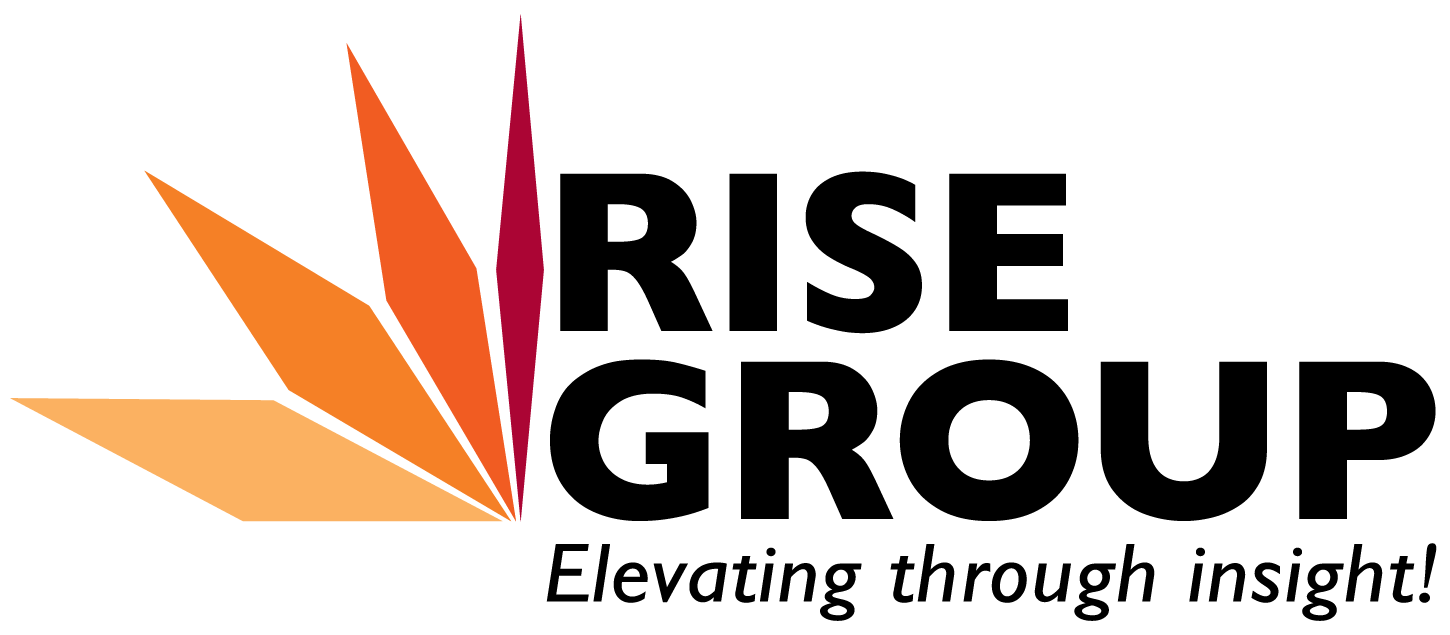Can Conducting Research Help De-escalate and Eliminate Conflict? Exploring the Power of Knowledge in Peacebuilding
Ethical Considerations in Conducting Research in Conflict Settings
Human Centric Research Can Build Empathy
How Can Data Analysis Assist in Conflict Situations?
Analyzing data within the context of conflict supplies a window into various perspectives and investigates correlations that may contribute to the root causes of conflict. It also allows for an examination of specific demographics and their impact on conflict resolution (or the lack thereof). Subsequently, once potential solutions are introduced, research persists in assessing their effectiveness in either eliminating or de-escalating the conflict. However, it’s crucial to acknowledge that the scale and intensity of the conflict can significantly influence the data, underscoring the importance of delineating precise study requirements.
Sources:
Recent Posts
Have Any Question?
Give Us A Call
877-840-RISE ext. 700
Send Us A Message
info@risegroupinc.com
Office Location
318 Main Street Evansville, IN 47708

We are a knowledge and evaluation services firm transforming into insight. Our focus is partnering with clients to build better companies, communities, and a better world.
Useful Links
Certifications And Memberships




Copyright © 2021, Rise Group Inc. All rights reserved.




